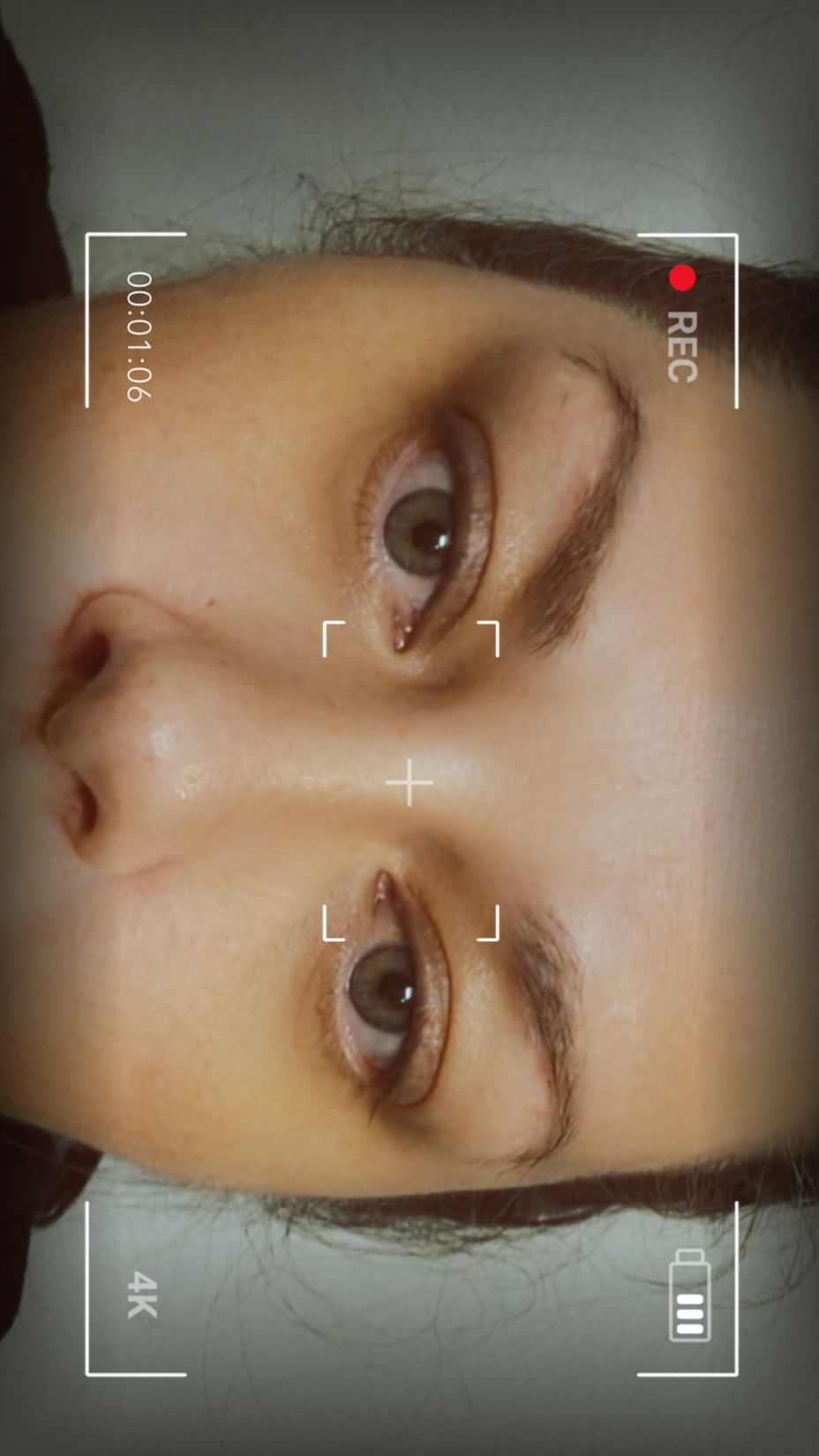“Fixing” myself
Anyone else feel the need to help “fix, help, or heal others because they feel like they can’t fix, help or heal themselves? #Bipolar1 #MentalHealth #BipolarDepression #Anxiety #PTSD
Anyone else feel the need to help “fix, help, or heal others because they feel like they can’t fix, help or heal themselves? #Bipolar1 #MentalHealth #BipolarDepression #Anxiety #PTSD
Anyone else feel the need to help “fix, help, or heal others because they feel like they can’t fix, help or heal themselves? #Bipolar1 #MentalHealth #BipolarDepression #Anxiety #PTSD
I haven’t been able to regulate my emotions the past couple of weeks. It’s getting worse and I don’t know what to do. I can’t see my therapist anymore because my insurance won’t pay for it and they won’t pay for medication that my doctor wants to switch me to. I’m struggling. I’m afraid of ending up in the hospital again and losing my job as a peer support specialist. I was doing so good for so long and now I’m not. I just don’t know what to do. #MentalHealth #Bipolar1 #BipolarDepression #PTSD
I haven’t been able to regulate my emotions the past couple of weeks. It’s getting worse and I don’t know what to do. I can’t see my therapist anymore because my insurance won’t pay for it and they won’t pay for medication that my doctor wants to switch me to. I’m struggling. I’m afraid of ending up in the hospital again and losing my job as a peer support specialist. I was doing so good for so long and now I’m not. I just don’t know what to do. #MentalHealth #Bipolar1 #BipolarDepression #PTSD

I haven't had a manic episode like this in a few months. I'm all over the place. Started several projects. Not sleeping is catching up with me. I'm scared. I don't want my daughter to see me like this.
#BipolarDisorder

I haven't had a manic episode like this in a few months. I'm all over the place. Started several projects. Not sleeping is catching up with me. I'm scared. I don't want my daughter to see me like this.
#BipolarDisorder
Lately I’ve been really stuck in my head about my dad having bipolar disorder. It’s hard not to feel like it’s just a ticking clock for me, too. Something I catch myself thinking about every single mood shift I have and I can’t tell if I’m just having a bad day or if I’m starting to show signs of bd. It makes me feel like I never want to have kids, I just can’t imagine putting a child through the same stuff I dealt with growing up. Does anyone else deal with this? How do you stop feeling like you’re just destined to repeat your parents' struggles?
Lately I’ve been really stuck in my head about my dad having bipolar disorder. It’s hard not to feel like it’s just a ticking clock for me, too. Something I catch myself thinking about every single mood shift I have and I can’t tell if I’m just having a bad day or if I’m starting to show signs of bd. It makes me feel like I never want to have kids, I just can’t imagine putting a child through the same stuff I dealt with growing up. Does anyone else deal with this? How do you stop feeling like you’re just destined to repeat your parents' struggles?